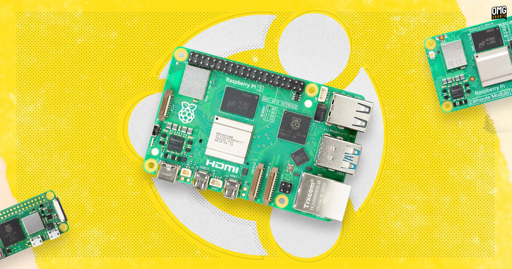People run Ubuntu on their Pis?
Yeah, I always run Raspbian. It’s stable and let’s me largely forget about it.
This is probably a hot take, but:
I disagree. The OS doesn’t run a mainline kernel, and the Raspberry Pi devs recommend a clean slate on OS upgrades. Granted, they do some trickery for performance with their Zero (not 2) line, using armhf instead of the slower armel, but this doesn’t excuse the fact that Raspberry Pi OS is so brittle. The builds are also still on 32-bit, even though every Pi since 3B can run 64-bit OSes.
I just run Debian on mine. Can’t be assed to clean flash my devices each major update.
It’s also 64 since 2 years I believe.
My frustration with Raspberry Pi OS is that the packages available were constantly out of date. Some were 2 to 3 years out of date.
I eventually started using Alpine linux on my Pi boards and have been happy since then. Now I can use the latest Docker and Podman packages without manually adding new repositories.
If I didn’t prefer Alpine’s minimal approach, I would have probably gone with Debian because of it’s history in stability.
Isnt Raspberry PIOS debian based?
Yup.
Yeah, that’s what I thought. Same.
Ubuntu Core, to be specific.
The Linux distro that requires you to create an account on their platform?
gross.
I do on some of mine because it makes some of the automation i have for them simpler to maintain when it is also applied to x86 hardware or virtual machines. It used to be a huge pain to use on a pi but it works pretty well these days, especially since about 24.04 I want to say.
This is fine, but I ditched Ubuntu on my raspberry pi’s when they kept breaking DNS by changing my network configuration with every upgrade.
Leave it to Canonical.






